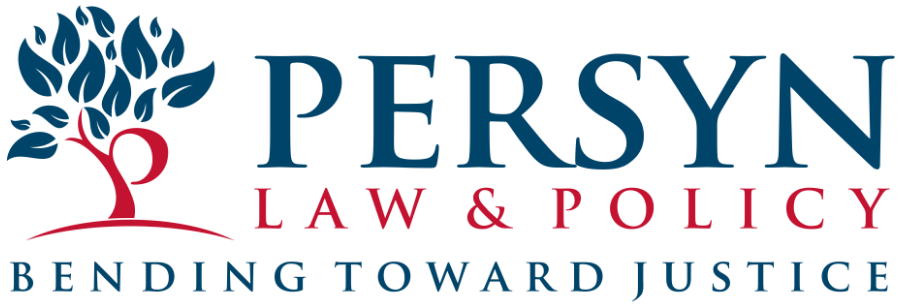ORGANIZING FOR TRANS RIGHTS
WHAT CAN LAW STUDENTS AND LAWYERS DO?
Join your local LGBTQ bar associations. See below for national organizations; that’s a good place to start. If you’re a law student, join your law school’s student chapters of these organizations, or any other LGBTQ student organization. If none exist, figure out whether you should start one, but see #2, below. Find your people.
Center the voices of our trans colleagues and take direction from them. There’s no substitute for lived experience.
Educate yourself and others. Laws and policies targeting LGBTQ people, and especially trans youth, are sweeping through government bodies from state legislatures to school boards with overwhelming speed. To organize, you have to understand the issues, the science, and the particular laws and policies you’re opposing. You’ll meet up with some indendiary language. Be prepared to respond.
Speak up against harmful laws and policies. The Trevor Project has a useful guide, and see #2, above. Offer your voice in support of trans people, especially youth. You have the power to amplify American Bar Association policies and educate the public about trans people and their health and safety. You can do this on your law school campus as well as local and state agencies and legislative bodies. CAVEAT: align, align, align. See #2 above, again.
Are you a member of your state bar association? Do you live in a state hostile to trans rights? Get in touch with your bar association and ask them their position on ABA Resolution 606 (2023). See below in Law Profession Resources.
Always default to the power of evidence-based policymaking. This will always be our clearest advantage.
Do you have time to engage in research and writing? Contact the American Constitution Society to volunteer. We are helping organize assistance for our colleague LGBTQ organizations that are litigating cases.
TRACKING RESOURCES
Live Google sheet tracking gender-affirming care bans by state, including litigation (linked in the article Vince Palusci and I published in the APSAC Alert)
Movement Advancement Project LGBTQ Equality Maps (by state/issue)
LGBTQ+ Legislative Tracking Sheet (Alejandra Caraballo) (sortable by column)
LAW PROFESSION RESOURCES
American Bar Association collection of resources; ABA Resolution 606 (Adopted August 2023: reject/repeal laws targeting trans people)
LGBTQ Bar Associations (linked): National Trans Bar Association; Transgender Legal Defense and Education Fund; Transgender Law Center; Lambda Legal; National Center for Lesbian Rights
EDUCATION RESOURCES
The Trevor Project, especially: 2023 National U.S. Survey on the Mental Health of LGBTQ Young People; Ally Training; A Guide to Testifying Against Harmful Bills for Parents and Supportive Adults
Annie E. Casey Foundation, Defining LGBTQ Terms and Concepts
World Professional Association for Transgender Health, Standards of Care version 8 (“SOC 8”)
American Academy of Pediatrics, Ensuring Comprehensive Care and Support for Transgender and Gender-Diverse Children and Adolescents (2018; reaffirmed 2023) (policy statement)
For information on evidence-based policymaking:
Bipartisan Policy Center, Evidence-Based Policymaking Primer (2019)
U.S. Government Accountability Office, Evidence-Based Policymaking:Practices to Help Manage and Assess the Results of Federal Efforts (July 2023)
